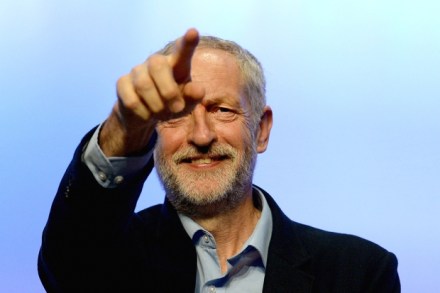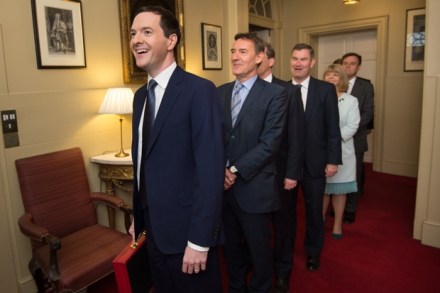The great British kowtow
Any British Prime Minister who meets the Dalai Lama knows it will upset the Chinese government — but for decades, no British Prime Minister has much cared. John Major met him in 10 Downing Street, as did Tony Blair. These were small but important nods to Britain’s longstanding status as a friend of Tibet. Of course the Chinese Communist Party disliked seeing the exiled Buddhist leader welcomed in London — but that was their problem. How things have changed. Now China is far richer and Britain is anxious, sometimes embarrassingly so, to have a slice of that new wealth. From the start of his premiership, David Cameron has been explicit




















